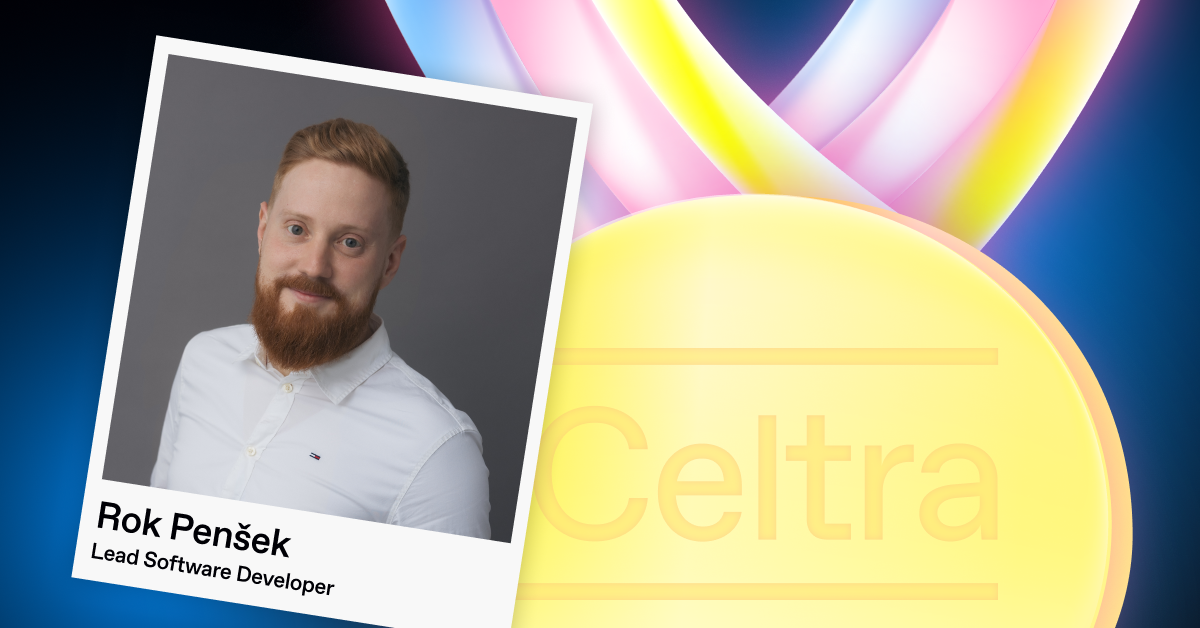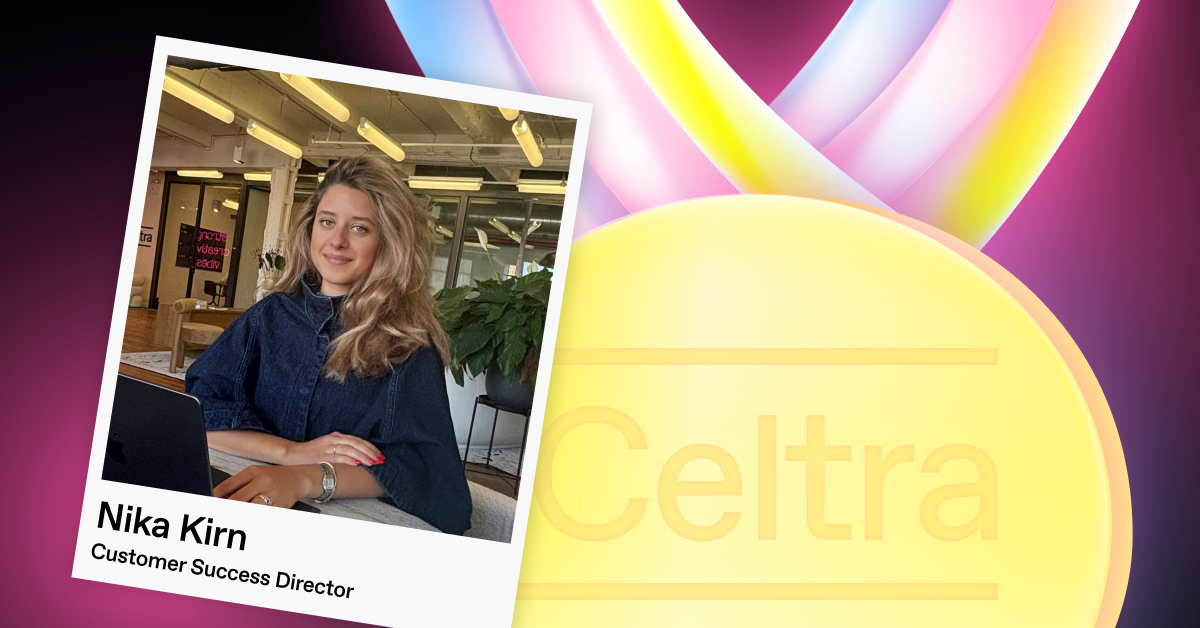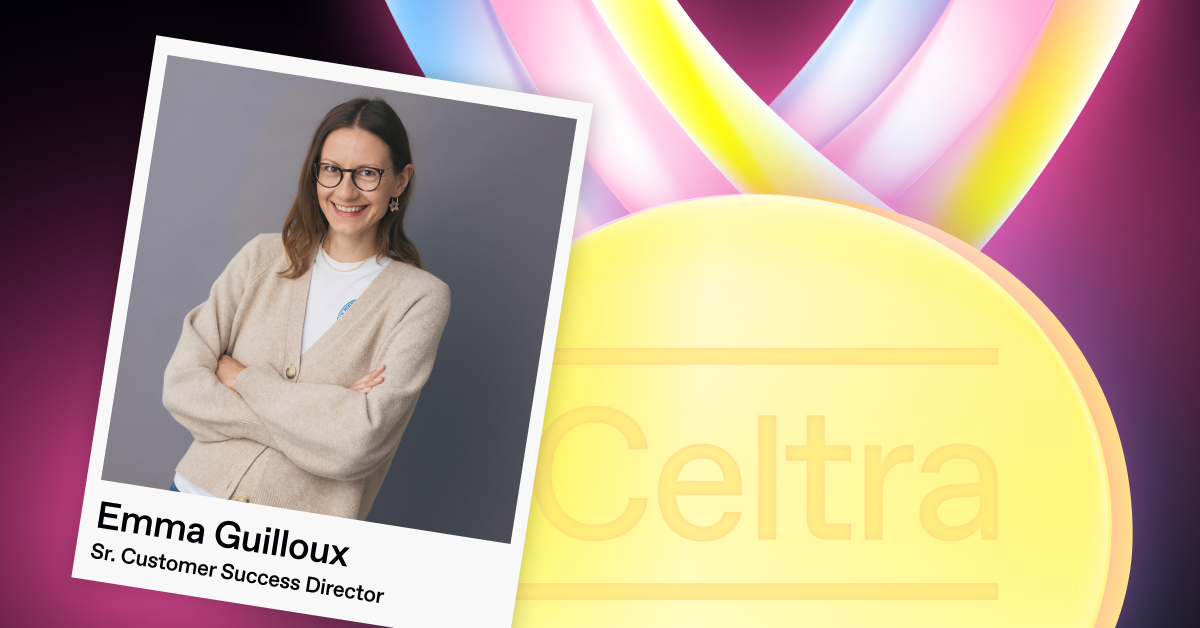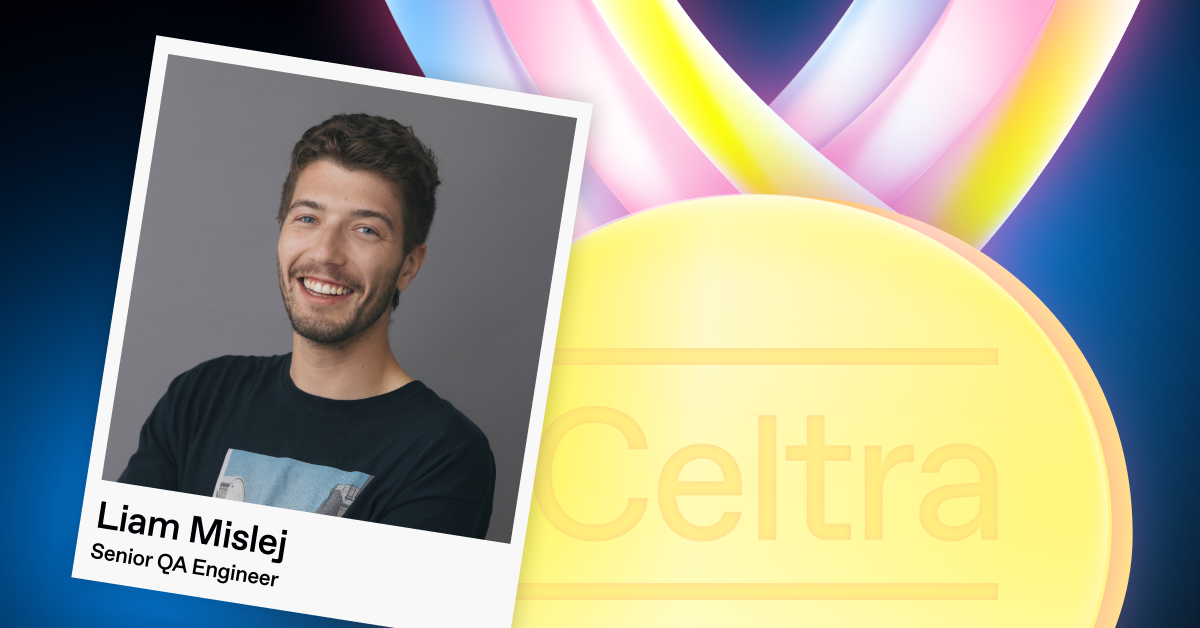Rok Penšek’s journey into software development started long before his first job — back when he was just a kid curious about how computer games worked. That curiosity turned into a lifelong fascination with technology and the web. What began with simple experiments grew into building real products that reach people around the world. Today, as a Lead Software Developer at Celtra, Rok blends creativity and problem-solving to build tools that help others bring their ideas to life.
What sparked your interest in software development, and how did your career path unfold from there?
I’ve always been fascinated by computers. Back in my Commodore 64 days, I spent hours playing games, but before long, I started wondering how they worked.. That curiosity nudged me into my first steps in programming while still in primary school.
It started with a quirky little Windows 95 game where you controlled a character using programming blocks (a precursor to Kodu Game Lab). Soon after, I began experimenting with C++ and Lua, to build mods and custom maps for the games I loved. By high school, I was deep in desktop and web development. What really hooked me, though, was web development – the power of creating something that anyone, anywhere, could access on any device with just a web browser. The idea that your work could instantly reach people across the world was (and still is) endlessly exciting to me.

Throughout high school and college, I built all kinds of websites and web apps – personal, community, and e-commerce.. Since I ran all of them on a used web server I bought, owned, and hosted myself, I also had the chance to explore the infrastructure side of things. That hands-on experience taught me how front-end, back-end software, and infrastructure all connect.
In my final year at the Faculty of Computer Science in Maribor, I discovered Celtra’s Creative Builder, and it felt like a real wonder running inside a web browser- keep in mind, this was back in 2013 when Internet Explorer still had a strong presence on the web. I knew right then that I wanted to join that team.
What are the top 2–3 traits that make a great software developer, and why?
For me, great developers share these 3 traits: curiosity, persistence, and (perhaps controversially) laziness:
- Curiosity drives you to dig into a problem, explore new approaches, and keep learning. It’s what makes you ask “why?” and discover better solutions.
- Persistence keeps you going through tricky challenges and late-night debugging sessions until you reach the goal.
- Laziness – but the good kind that makes you look for efficient solutions. Anyone can get groceries from the car into the house. The trick is doing it in one trip 😉.
In short, curiosity sparks the journey, persistence keeps it moving, and laziness ensures it’s efficient.

What does a ‘typical’ day look like as a Lead Software Developer at Celtra?
There’s no such thing as a completely typical day on our team. Our work is close to the client side, so every day brings a new challenge and a different kind of problem to solve.
Our focus is on solution development, designed around specific client needs. This can take many forms: enriching a creative with a custom-coded behavior, building an out-of-product service, or prototyping an entirely new workflow. Technically, that means researching, testing, and building scalable solutions that deliver results. From the client’s perspective, it means unlocking new capabilities, extending what Celtra’s platform can do for them, and maximizing the value they get from our product.
When we’re not building client-specific solutions, we collaborate with other teams on broader product initiatives or handle client requests. That mix of technical problem-solving and direct customer impact keeps our work both challenging and rewarding, and ensures no two days are ever quite the same.
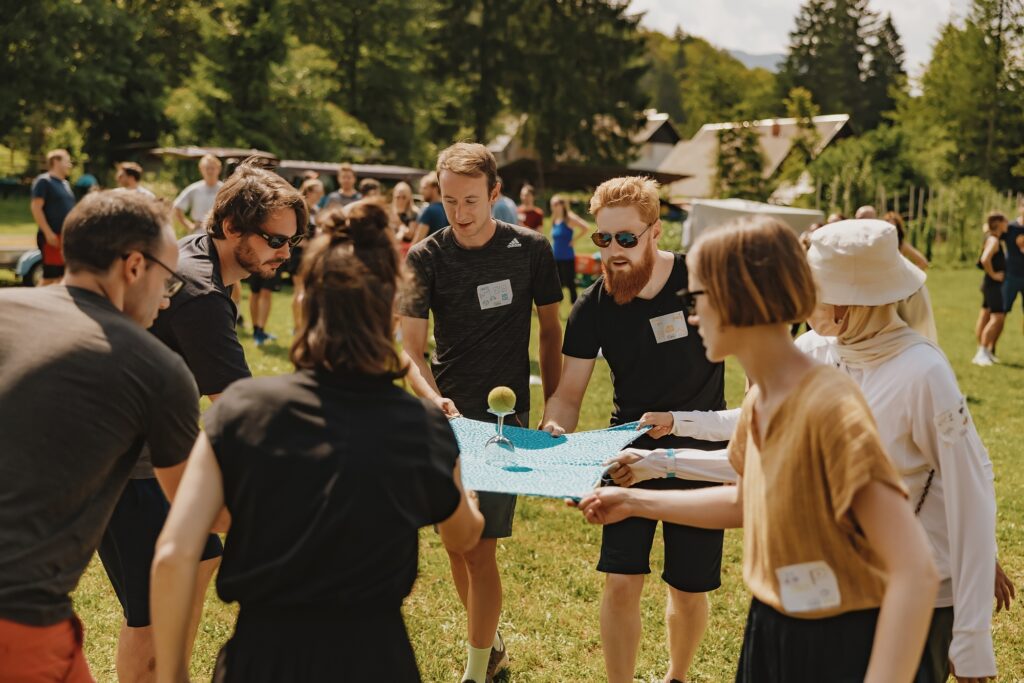
What are the biggest challenges you face in your role, and how do you tackle them?
One of the biggest challenges is also one of the most enjoyable parts of the job: finding the right solution to a client’s problem. Every request is different, and that makes the work exciting, but it also brings complexity and urgency.
The work is time-sensitive and high-impact, directly affecting how clients use Celtra every day. The hardest part is scoping – we often start with limited information but still need to define the solution, estimate accurately, and integrate it seamlessly with existing Celtra features. Balancing all that under tight deadlines requires both technical precision and strong prioritization skills.
What makes it work is a deep product knowledge and close collaboration – both with internal teams and the client. Together, we turn rough ideas into practical and impactful solutions that deliver real value fast.
How has your role evolved since you joined Celtra? Any big pivots or surprises along the way?
I began at Celtra as a software developer, working on Creative Builder – the very product that inspired me to join. It drew me in right away: understanding how it worked under the hood, improving it piece by piece, and seeing how it empowered users to bring their ideas to life. That experience gave me a deep technical understanding of our core product and an appreciation for the creativity it enables. Over time, I began experimenting – building prototypes and testing ideas that weren’t yet part of the product. Those experiments reignited the same spark I had early on: exploring, building, and seeing the excitement when others get to use it.
That shift led me into a hybrid Solution Engineering role. Now my focus is on helping our clients unlock the full potential of Celtra and simplify their day-to-day operations. It’s been a rewarding evolution – blending product knowledge, problem-solving, and collaboration to make a real difference.

What do you love most about your job, and what makes Celtra stand out as a place to work?
Without a doubt, it’s the people. It’s not just the incredible knowledge they bring, but also the kindness and willingness to share it. That spirit of collaboration creates an environment where you’re constantly learning, improving, and pushing yourself to be better.
Of course, the job comes with its challenges – complex problems, tricky solutions, shifting priorities – But they’re rewarding, especially when you have a team beside you who’s got your back.
Add the flexibility of working from home and a beautiful office right in the heart of Ljubljana, and you get a work environment that’s both supportive and inspiring. For me, it’s the perfect mix of great people, meaningful challenges, and a culture that helps you grow, and that’s what truly makes Celtra stand out.

What’s something about your role that most people misunderstand?
Many assume my role is purely about writing code, but that’s just one part of it. In reality, a big portion of my work happens before a single line of code is written: understanding client needs, scoping out solutions, and figuring out how to integrate them seamlessly with Celtra’s product. It’s as much about communication, research, analysis, and creativity as it is about engineering.

